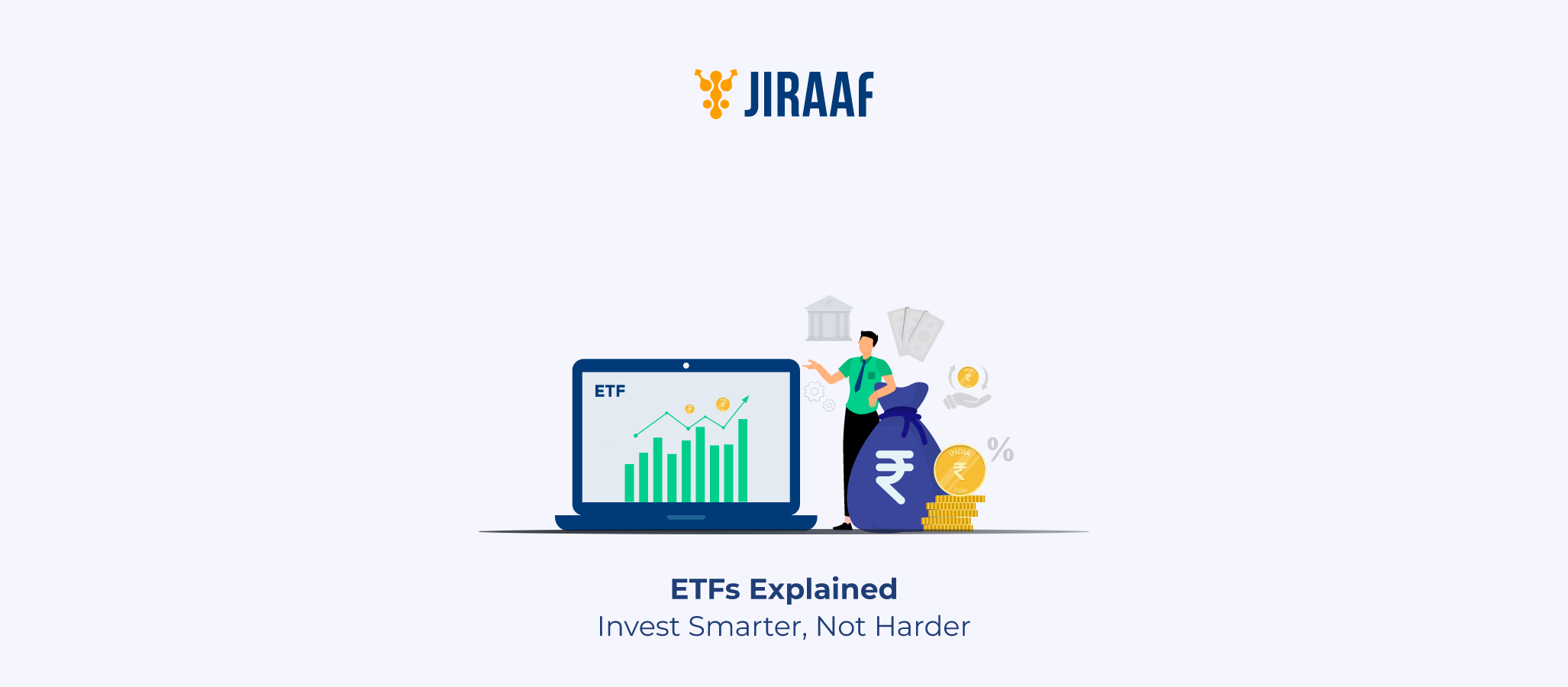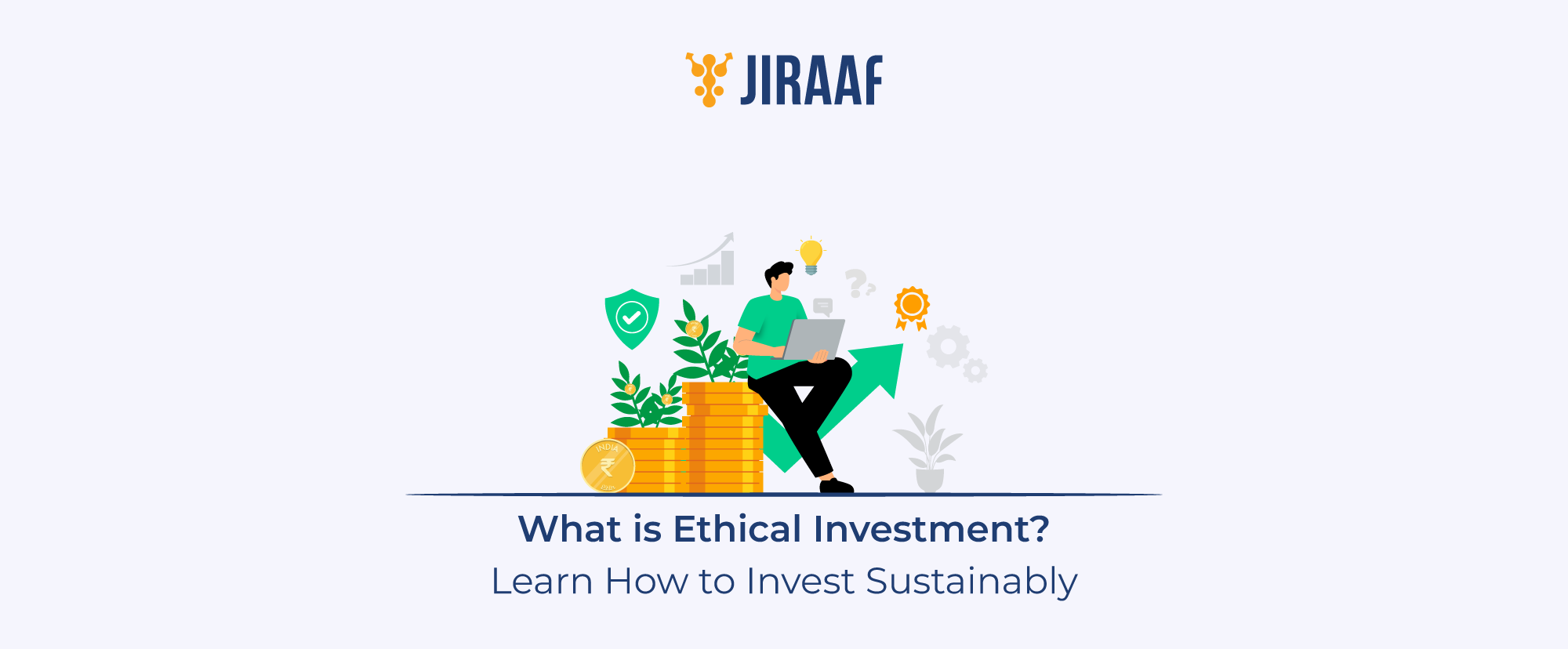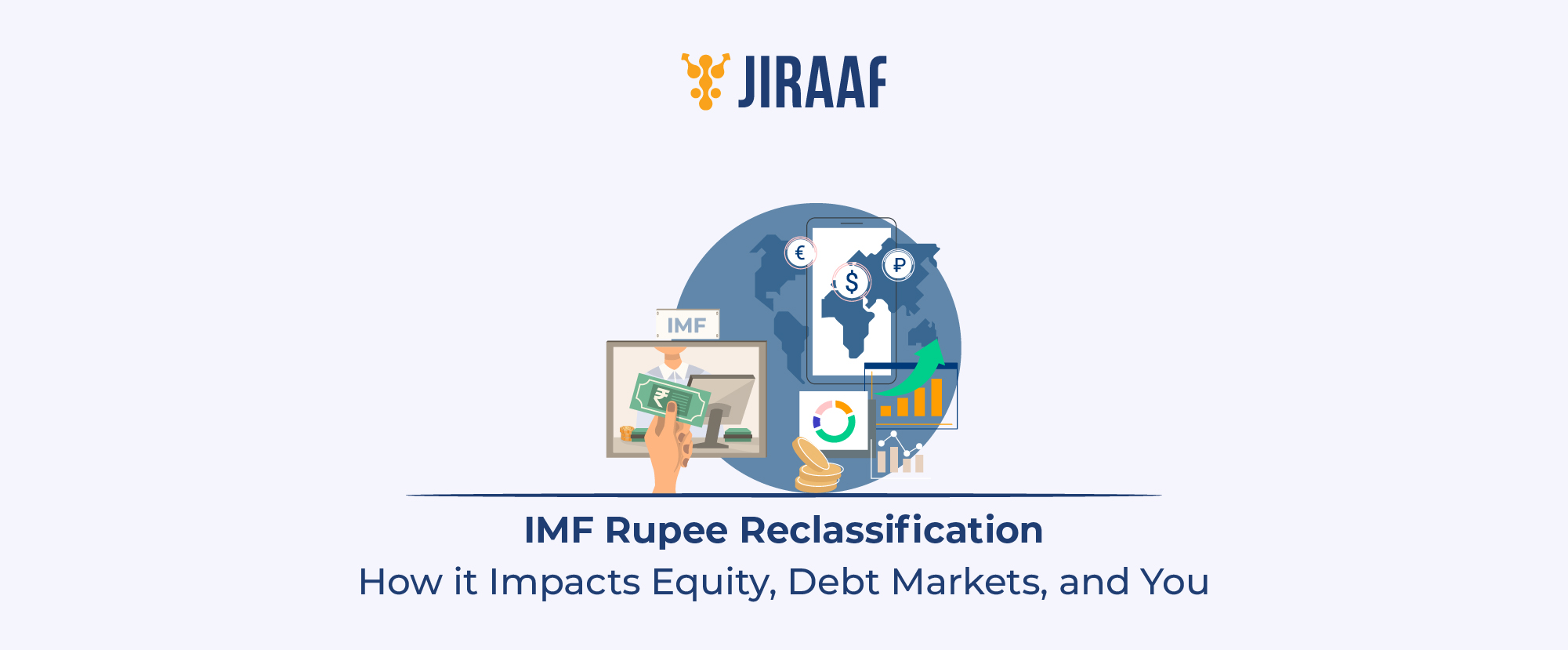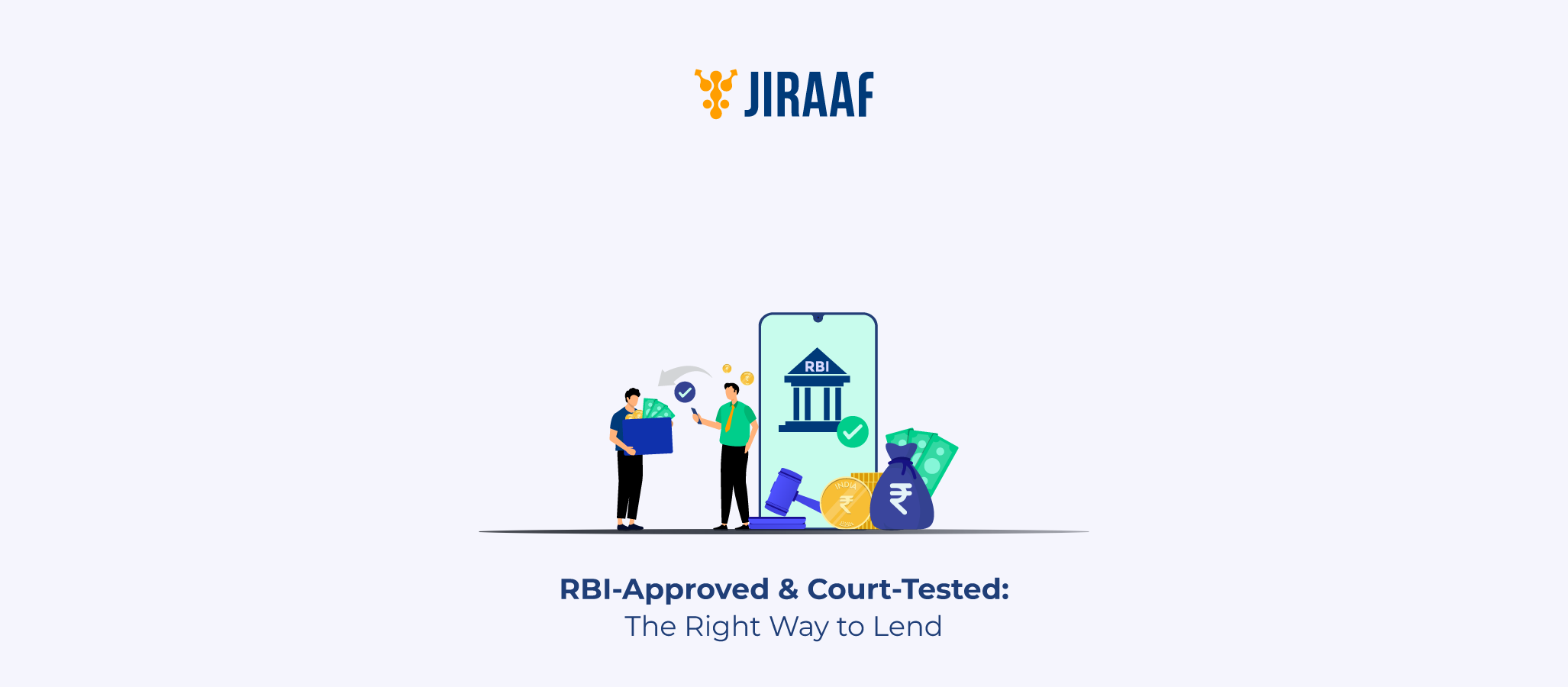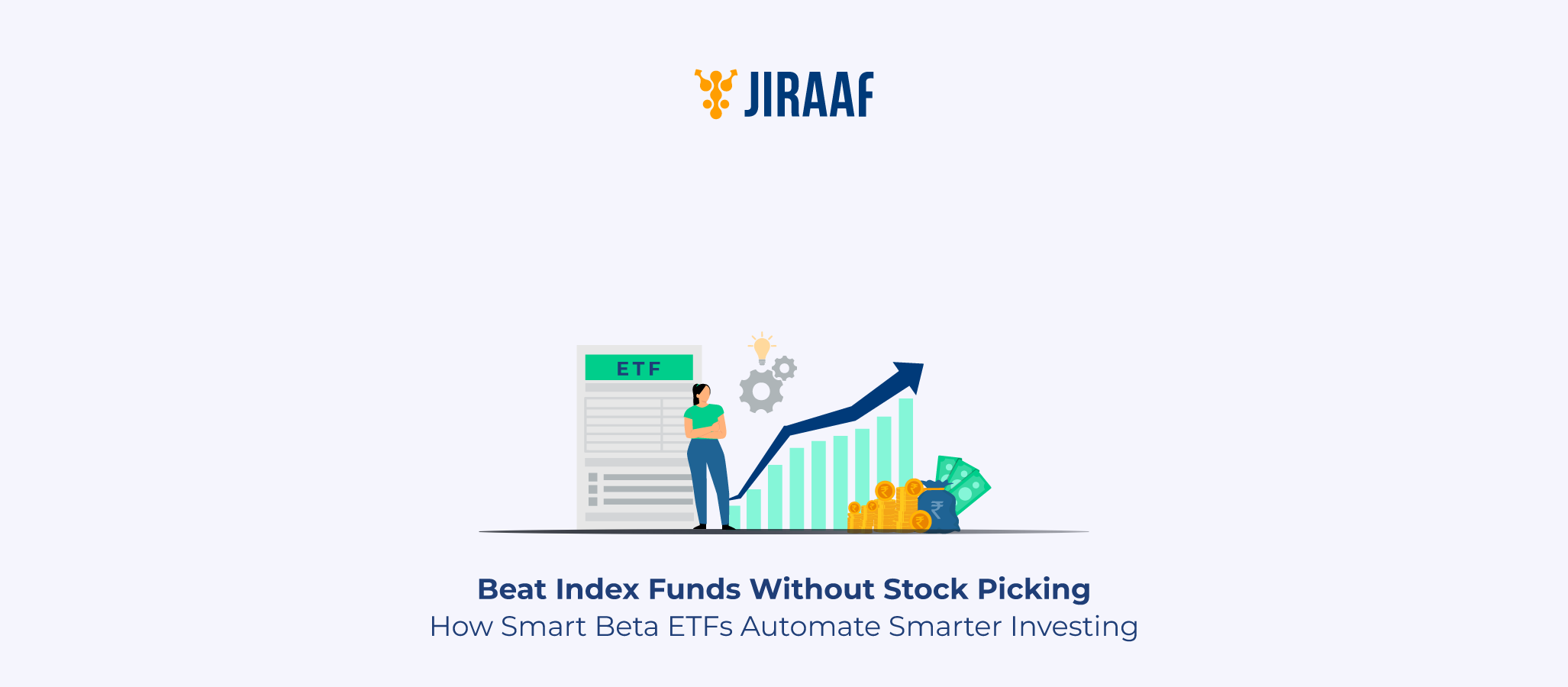Exchange-Traded Funds (ETFs) may be the clever, low-maintenance investment you’ve been looking for if you want to diversify your portfolio without choosing specific equities or putting in hours monitoring market shifts. ETFs provide a straightforward method of gaining exposure to several asset classes, including stocks, gold, bonds, and even foreign asset markets, thanks to the adaptability of stock trading and the diversity of mutual funds.
Since ETFs are becoming more and more popular in India, particularly among first-time and budget-conscious investors, it’s critical to comprehend what they are, how they operate, and whether they complement your financial objectives. Everything from the fundamentals and varieties of ETFs to how to invest in them with assurance using your demat account will be covered in this article.
What are ETFs?
Buying an ETF involves buying a basket of assets, such as stocks, bonds, commodities, or mixed assets, that are traded on a stock exchange similarly to how shares are traded. ETFs are efficient and economical since they allow you to hold a variety of assets in a single transaction.
How Do ETFs Work?
ETFs are designed to follow the performance of a particular benchmark, such as a commodity or index. The underlying assets are put together by a fund manager to resemble that benchmark. Unlike traditional mutual funds, which are priced only once at the end of each trading day, Exchange-Traded Funds (ETFs) are listed on stock exchanges and can be bought or sold throughout market hours, just like stocks. To ensure that the ETF’s market price stays close to its Net Asset Value (NAV), authorized participants use a unique “creation and redemption mechanism”. This behind-the-scenes process involves exchanging ETF units for the underlying securities, helping to maintain price efficiency and liquidity in the market.
ETF vs Mutual Fund: What’s the Difference?
| Characteristic | ETF | Mutual Fund |
| Trading | Daily, real-time stock exchange trading. | Endofday NAV pricing only. |
| Expense Ratio | Typically, lower—best for long-term investing. | It can be higher, especially for actively managed funds. |
| Diversification | Yes, holds a big basket of assets. | Yes, diverse by nature. |
| Liquidity | High, but varies from ETF to ETF. | High for open-ended, no intraday trading. |
| Tax Efficiency | More efficient due to a unique tax mechanism. | Potential capital gains distributions. |
Types of ETFs in India
Based on the firms they invest in and the range of asset classes they cover, the different types of ETFs are listed below.
- Equity ETFs: These are traded on stock exchanges just like individual stocks and offer real-time pricing throughout market hours. Equity ETFs are generally more cost-effective than traditional mutual funds due to lower expense ratios. They can be broadly diversified (market-based), focused on specific sectors (sector-based), or follow smart beta strategies (factor-based), providing investors with flexible exposure to equity markets.
- Debt ETFs: These are low-risk and invest in government bonds or corporate debt.
- Commodity ETFs: These track oil, silver, and gold markets. NAV varies according to the supply and demand for commodities.
- Liquid ETFs: These are less volatile and invest in short-term debt like T-bills. Ideal to park your emergency funds.
- Index ETFs: These mirror indices like the Sensex and Nifty50 and are passively managed.
How to Buy ETFs in India
- Open a DEMAT account and a trading account with a SEBI-registered broker.
- Do your research on indexes, expense ratios, liquidity, and the fund houses’ track records, too.
- Purchase your order via your chosen platform.
- Monitor the performance periodically.
Benefits of Investing in ETFs
- Diversification without incurring significant expenses.
- Cheaper than mutual funds.
- Intraday trading and liquidity.
- Transparency, with distinct holdings.
- Unlike mutual funds, ETFs do not levy exit load on early redemptions.
Should You Include ETFs in Your Investment Portfolio?
You must consider investing in ETFs if you are seeking cost-effective and diverse exposure with some kind of flexibility in trading. It is also a tax-efficient way and gives you access to niche themes and global markets.
FAQs
How do ETFs differ from mutual funds?
Mutual funds trade at the end-of-day NAV, but ETFs trade like stocks on exchanges (real-time pricing). The expense ratios of ETFs are lower than those of active mutual funds. Mutual funds can be active or passive. Although ETFs are passively managed, they follow indices. ETFs are lump sum only; there are no SIPs.
Are ETFs good for beginners in India?
Indeed! ETFs make investing affordable, transparent, and easy. For a wide range of market exposure, beginners can begin with index ETFs (such as the Nifty 50). No excessive costs, no fund manager bias. However, unlike mutual funds, you need a compulsorily need a demat account. Perfect for passive, long-term investors.
Do ETFs pay dividends or interest?
Indeed, but in a different way. If dividends are paid by the underlying equities, equity ETFs distribute them; interest is paid by debt ETFs (from bonds), and some ETFs include the option to automatically reinvest dividends. Examine the ETF’s info sheet to see its dividend policy.
Can I buy ETFs using a DEMAT account?
Absolutely! Unlike mutual funds, ETFs can only be bought or sold through a DEMAT and trading account, similar to stocks. They are not available for direct purchase via mutual fund portals. Additionally, traditional SIP (Systematic Investment Plan) options are not offered for ETFs. While a few brokerages support ETF-based SIPs, they are relatively rare – most ETF investments are done through lump-sum purchases on stock exchanges.
Are ETFs risk-free investments?
No investment is risk-free. ETFs come with the usual; market risk, interest risk, liquidity risk and even tracking errors.
Discover fixed income investments with Jiraaf, a SEBI registered online bonds platform that educates and brings access to a wide array of bonds. Sign up today to explore diversified fixed income investment opportunities to support your goal-based wealth creation journey. Start investing!
